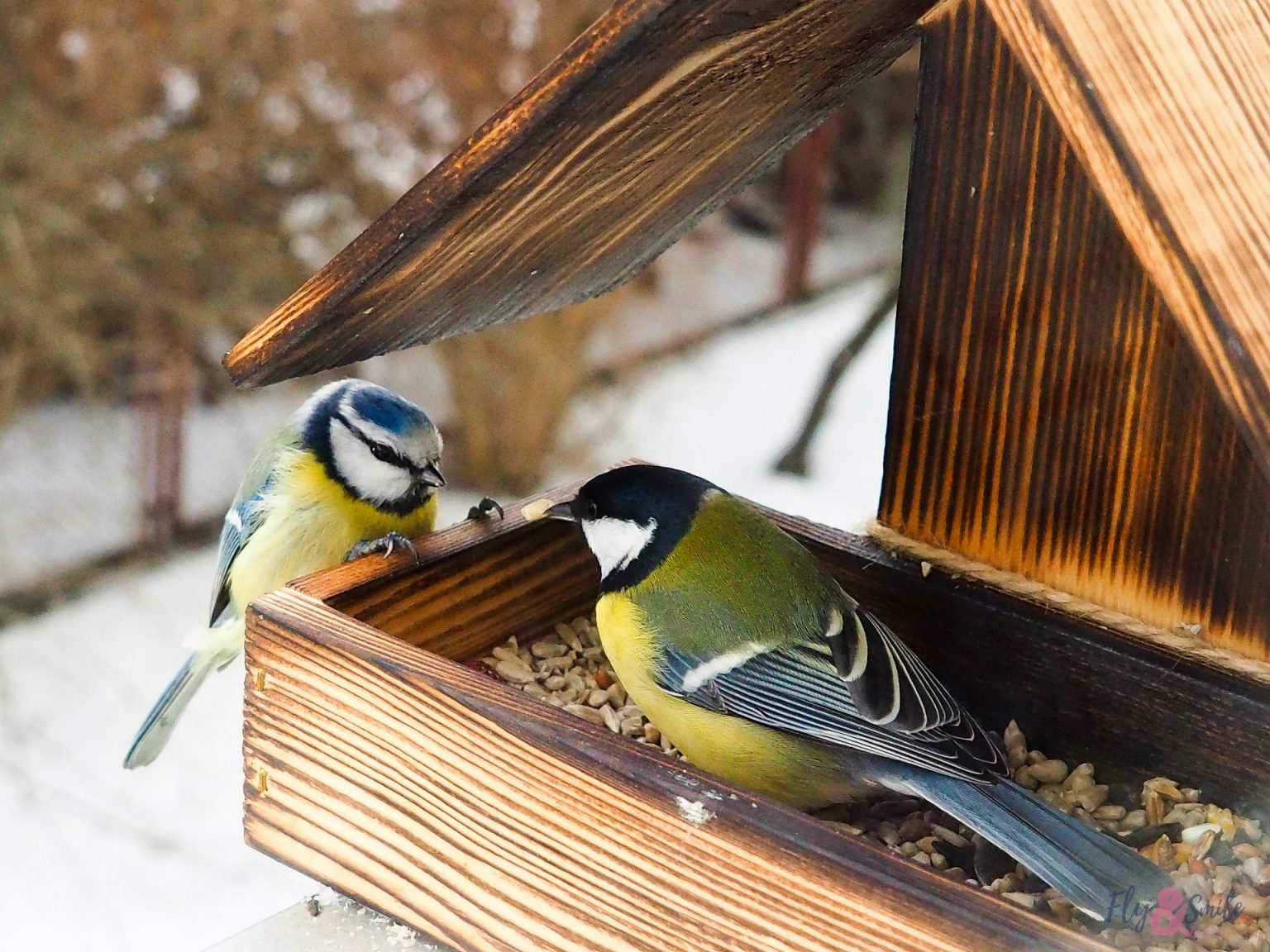The warm, long days of summer offer a unique opportunity for bird enthusiasts to engage closely with nature. Despite common misconceptions, feeding birds during this season is not only harmless but significantly beneficial. It supports their nutritional needs during critical life stages such as nesting and raising young.
The Truth About Summer Bird Feeding
Many believe that feeding birds in summer makes them dependent on human-provided food, reducing their natural foraging behaviour. However, research indicates that wild birds only source about 25% of their daily food intake from feeders. The majority of their diet is still derived from natural sources. Summer feeding, therefore, plays a vital support role rather than diminishing the birds’ ability to fend for themselves.
Why Feed Birds in Summer?
Summer is a bustling time for birds. They are busy building nests, laying eggs, and feeding their young. This makes it an ideal time for bird watchers to observe fascinating behaviours and witness the growth stages of nestlings. Additionally, the vibrant summer plumage of birds enhances their visibility and identification, adding to the enjoyment and educational value of bird watching.
Increased Visibility and Activity
With longer daylight hours, birds are active for extended periods, giving you more opportunities to observe their behaviours and interactions. This can lead to a deeper understanding of bird habits and social structures, enriching your bird-watching experience.
Essential Summer Bird Foods
To attract a diverse range of birds to your garden and provide them with appropriate nutrition, it’s crucial to offer a variety of foods. Here’s what you should consider stocking:
- Variety of Seeds:
Seeds are universally loved by birds and are easy to provide. Sunflower hearts are especially popular due to their high oil content, making them an excellent energy source. For attracting finches, niger seeds are perfect as they specifically appeal to this group. A mix of different seeds ensures that various species find something suitable.
- Protein Sources:
Insects such as mealworms are invaluable during summer when birds have mouths to feed. Offering live mealworms can particularly help insect-eating birds nourish their young. Additionally, incorporating dried mealworms into your feeding station provides a steady protein source that is easy to store and handle.
- Fresh Fruits and Nuts:
Many birds enjoy fruits, and adding slices of oranges, apples, or even melon can attract a new spectrum of birds to your yard. Peanuts, a favourite among many bird species, should be offered cautiously (preferably crushed or in mesh feeders) to prevent young birds from choking.
Best Practices for Summer Feeding
- Location
Position your feeders in shaded areas to protect the food from spoiling under the summer sun and to offer a cooler, more comfortable feeding spot for birds. This setting not only preserves the quality of the food but also makes the feeding area more inviting.
- Water Sources
A clean, fresh water source is crucial not just for drinking but also for bathing, which is essential for feather maintenance. Water features attract birds that might not visit feeders but are essential for a healthy bird ecosystem in your garden.
Avoiding Common Mistakes
Refrain from providing perishable or easily meltable foods, like soft suet items, in hot conditions. These may spoil and pose a risk. Choose non-melting suet options or suet pellets instead, as they are safer and just as nutritious.
Feeding birds in the summer can transform your garden into a lively hub of avian activity, allowing you to contribute positively to the welfare of local bird populations. By providing a variety of food sources, ensuring freshwater availability, and positioning feeders strategically, you can enjoy the delightful sight of birds thriving in your backyard. This practice not only aids in their survival but also enriches your experience with nature during the vibrant summer months.



